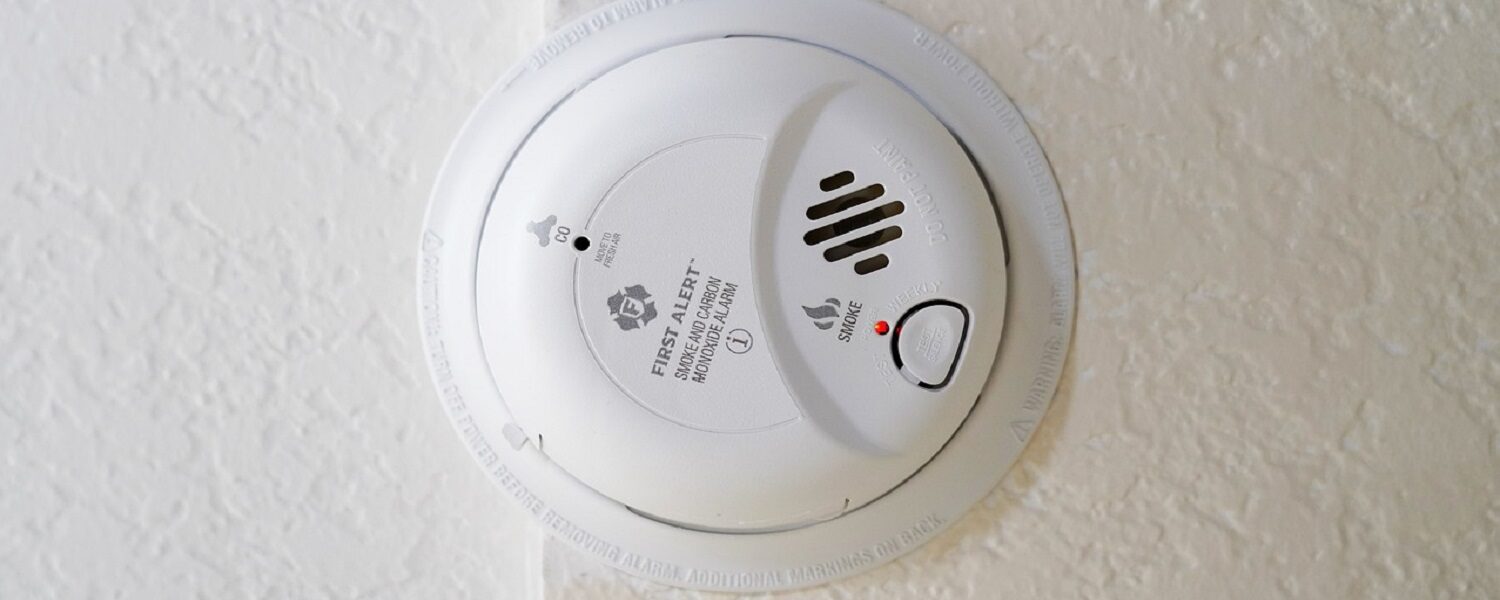The effects of smoke can be devastating. Smoke alarms can provide you with an early warning that can give you time to escape and call 999.
Find out what smoke alarms you need, where to put them and how to maintain them. You can also find out about the specialist alarms, such as flashing or vibrating alarms, that are available for those who may benefit from them.
Check if your home is fire safe
For free advice unique to you and your home, complete the online Home Fire Safety Check.

